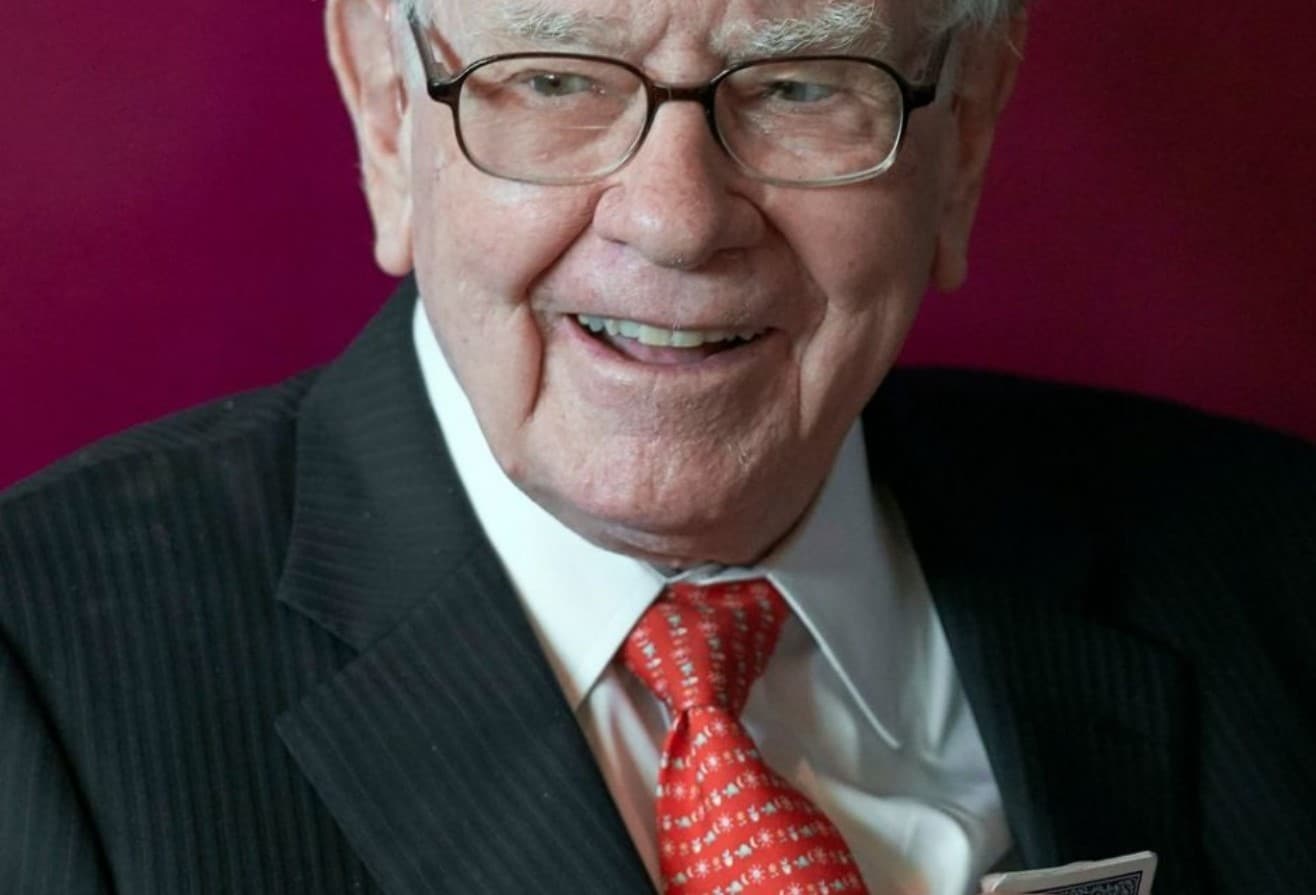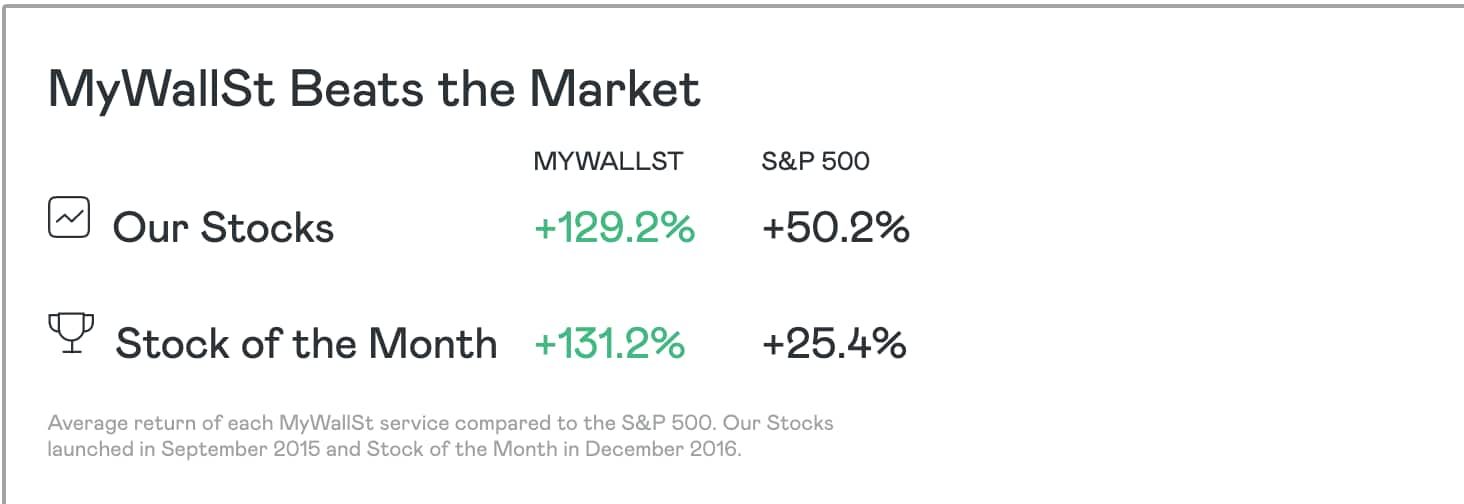Warren Buffet has been one of the main beacons for value investing in recent decades, along with his business partner Charlie Munger. While the performance of Berkshire Hathaway (NYSE: BRK.A)(NYSE: BRK.B) trailed the S&P 500 in the third quarter, the company made some interesting moves.
This article was originally published on MyWallSt — Investing Is for Everyone. We Show You How to Succeed.
Overview of Q3 earnings
Berkshire Hathaway reported its Q3 earnings on November 7, with total revenue dropping 3% year-on-year to $63 billion. However, its derivative contracts and investment portfolio net gains rose by an impressive 189% from last year’s Q3 up to $10.9 billion.
Most of the various operating businesses owned by Berkshire were hampered by COVID-19, with the effects varying from case to case. Expectedly, the total earnings before income taxes for all of its insurance operations dropped to $929 million, a fall of 60.7% year-on-year.
At the end of Q3, the equity investment portfolio at Berkshire had a market value of $254.3 billion. About 70% of the total value is across only four stocks. It has $11.7 billion in Apple, $24.9 billion in Bank of America, $19.7 billion in Coca-Cola, and $15.2 billion in American Express.
What does it mean for the company going forward?
Berkshire’s share price fell almost 29% after the pandemic set in during the spring, before leveling out for a number of months. From July onwards, it steadily increased and it is now back to pre-pandemic levels.
While the company has not seen as significant gains as others, Berkshire investors remain unscathed, with many likely adding to their positions in the company when the share price was at a discount following initial drops.
During Q3, Berkshire made some significant moves in terms of its investments. One area in which it loaded up on was with drug stocks. They invested a total of $5.7 billion in big pharma companies, such as Merck, Bristol-Myers Squibb, AbbVie, and Pfizer. It also added to existing positions in Kroger, General Motors, and Bank of America.
The focus on pharma appears to be paying off already, with Pfizer recently announcing successful trials for one of its COVID-19 vaccines. With other pharma companies also racing to develop vaccines and treatments, this approach could be a nicely profitable one Berkshire.
Berkshire completely freed itself of its Costco position during Q3 and also dialed back its exposure to a number of financial companies, such as M&T Bank, PNC Financial Services, JPMorgan Chase, and Wells Fargo. With concerns about extensive financial stimulus in the U.S., the uncertainty lends itself to minimizing exposure to companies in the space.
Growth potential
Berkshire Hathaway is a conservative investment, allowing you to get easy access to a value-based portfolio that has been sturdy for many decades. While it is not likely that investors will see massive gains with their Berkshire investments, there is certainly potential for growth.
As the world optimistically reacts to news of potential vaccines, the various operating businesses as part of Berkshire could experience a significant bounce back, leading to an increase in their parent company’s share price.
MyWallSt makes it easy for you to pick winning stocks. Start your free trial with us today— it's the best investment you'll ever make.
Continue reading for FREE
- Includes free newsletter updates, unsubscribe anytime. Privacy policy






